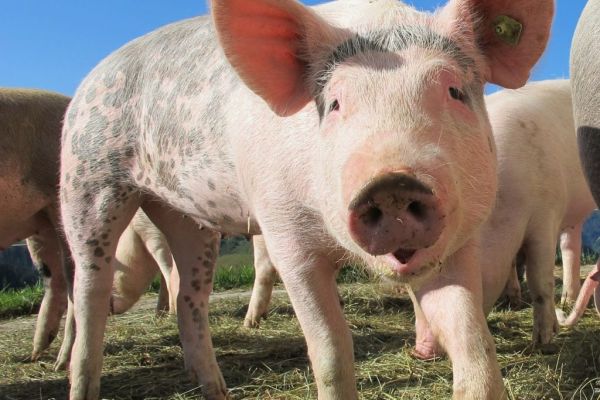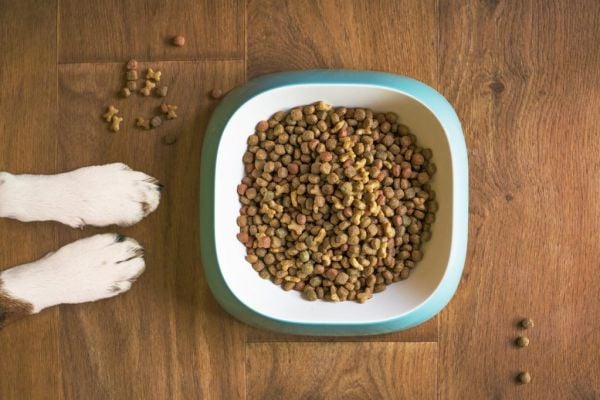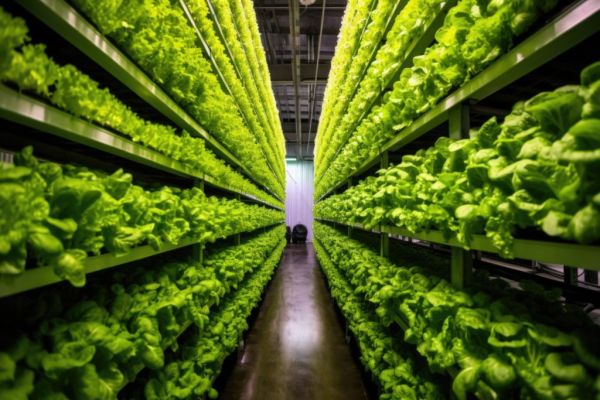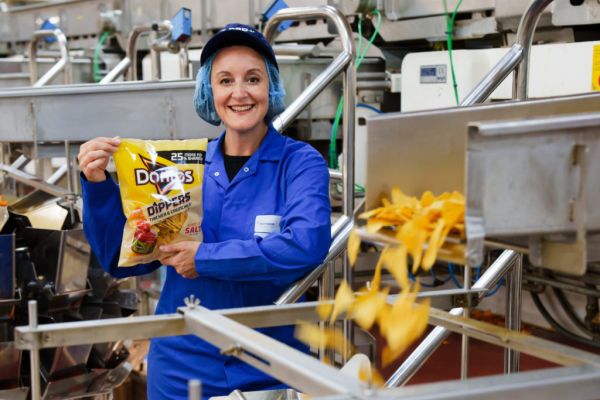A new system of measuring animal welfare that claims 'reliable comparison' across different types of pig farming has been launched by Cambridge University scientists.
The scientists say that animal welfare can now, for the first time, be properly considered alongside other factors that impact farming to help identify which farming systems are the best.
Britain has various labelling schemes for meat products to assure consumers that certain standards have been met. The team used their new system to test how the different labels compare in terms of animal welfare.
Results Of Study
Farms producing ‘woodland’ labelled pork products scored best for pig welfare, followed by ‘organic’, then 'free-range', 'RSPCA assured', 'Red Tractor', and finally those with no certification.
Assessment of the pigs looked at everything from health problems like coughing, sneezing, and lameness, to the way they interacted – biting each other’s ears or tails, or engaging with their environment, for example.
Various scoring methods were tested – giving more or less weight to the different aspects of animal welfare – on 74 pig farming systems in the UK. The team found that each method gave broadly the same overall result in terms of which farms, and types of farms, performed best and worst.
New Welfare Measurements
The new welfare measurements combine quality of life with length of life, and scores can be produced ‘per unit’ of production. The welfare scores can also allow several farms to be grouped together – for example when animals are kept on different farms at different growth stages.
“This work opens up possibilities for greater rolling out of welfare assessment scores in food labelling, including in other species as well as pigs," said professor James Wood at the University of Cambridge’s Department of Veterinary Medicine, who was involved in the study.
"Until now, the methods available have made this impractical," he added.
© 2023 European Supermarket Magazine – your source for the latest supply chain news. Article by Robert McHugh. Click subscribe to sign up to ESM: European Supermarket Magazine.














